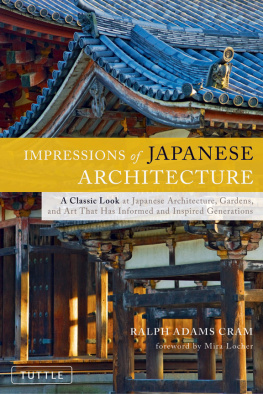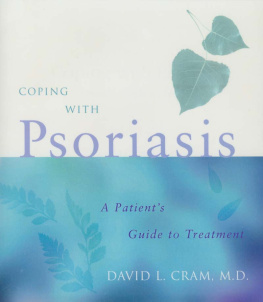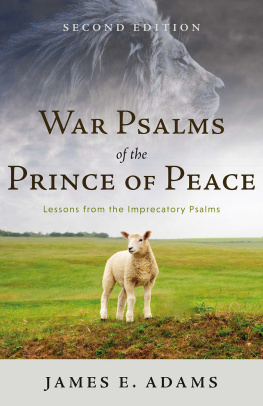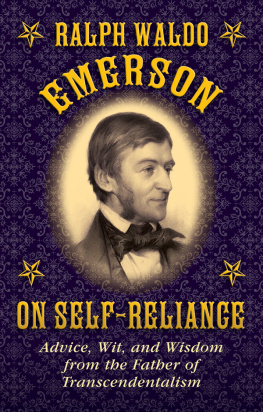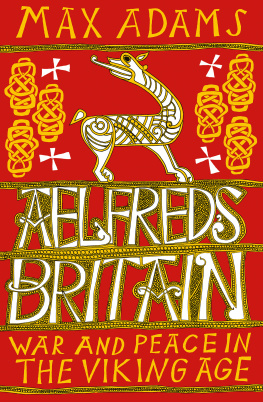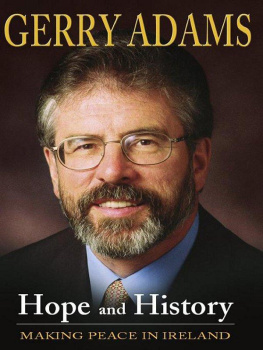INTRODUCTION
For the course of lectures I am privileged to deliver at this time, I desire to take, in some sense as a text, a prayer that came to my attention at the outset of my preparatory work. It is adapted from a prayer by Bishop Hacket who flourished about the middle of the seventeenth century, and is as follows:
Lord, lift us out of Private-mindedness and give us Public souls to work for Thy Kingdom by daily creating that Atmosphere of a happy temper and generous heart which alone can bring the Great Peace.
Each thought in this noble aspiration is curiously applicable to each one of us in the times in which we fall: the supersession of narrow and selfish and egotistical "private-mindedness" by a vital passion for the winning of a Kingdom of righteousness consonant with the revealed will of God; the lifting of souls from nervous introspection to a height where they become indeed "public souls"; the accomplishing of the Kingdom not by great engines of mechanical power but by the daily offices of every individual; the substitution in place of current hatred, fear and jealous covetousness, of the unhappy temper and "generous heart" which are the only fruitful agencies of accomplishment. Finally, the "Great Peace" as the supreme object of thought and act and aspiration for us, and for all the world, at this time of crisis which has culminated through the antithesis of great peace, which is great war.
I have tried to keep this prayer of Bishop Hacket's before me during the preparation of these lectures. I cannot claim that I have succeeded in achieving a "happy temper" in all things, but I honestly claim that I have striven earnestly for the "generous heart," even when forced, by what seem to me the necessities of the case, to indulge in condemnation or to bring forward subjects which can only be controversial. If the "Great War," and the greater war which preceded, comprehended, and followed it, were the result of many and varied errors, it matters little whether these were the result of perversity, bad judgment or the most generous impulses. As they resulted in the Great War, so they are a detriment to the Great Peace that must follow, and therefore they must be cast away. Consciousness of sin, repentance, and a will to do better, must precede the act of amendment, and we must see where we have erred if we are to forsake our ill ways and make an honest effort to strive for something better.
For every failure I have made to achieve either a happy temper or a generous heart, I hereby express my regret, and tender my apologies in advance.
CONTENTS
LECTURE
INTRODUCTION
I. A WORLD AT THE CROSSROADS
II. A WORKING PHILOSOPHY
III. THE SOCIAL ORGANISM
IV. THE INDUSTRIAL PROBLEM
V. THE POLITICAL ORGANIZATION OF SOCIETY
VI. THE FUNCTION OF EDUCATION AND ART
VII. THE PROBLEM OF ORGANIC RELIGION
VIII. PERSONAL RESPONSIBILITY
APPENDIX A
APPENDIX B
TOWARDS THE GREAT PEACE
I
A WORLD AT THE CROSSROADS
For two thousand years Christianity has been an operative force in the world; for more than a century democracy has been the controlling influence in the public affairs of Europe and the Americas; for two generations education, free, general and comprehensive, has been the rule in the West. Wealth incomparable, scientific achievements unexampled in their number and magnitude, facile means of swift intercommunication between peoples, have all worked together towards an earthly realization of the early nineteenth-century dream of proximate and unescapable millennium. With the opening of the second decade of the twentieth century it seemed that the stage was set for the last act in an unquestioned evolutionary drama. Man was master of all things, and the failures of the past were obliterated by the glory of the imminent event.
The Great War was a progressive revelation and disillusionment. Therein, everything so carefully built up during the preceding four centuries was tried as by fire, and each failedsave the indestructible qualities of personal honour, courage and fortitude. Nothing corporate, whether secular or ecclesiastical, endured the test, nothing of government or administration, of science or industry, of philosophy or religion. The victories were those of individual character, the things that stood the test were not things but men.
The "War to end war," the war "to make the world safe for democracy" came to a formal ending, and for a few hours the world gazed spellbound on golden hopes. Greater than the disillusionment of war was that of the making of the peace. There had never been a war, not even the "Thirty Years' War" in Germany, the "Hundred Years' War" in France or the wars of Napoleon, that was fraught with more horror, devastation and dishonour; there had never been a Peace, not even those of Berlin, Vienna and Westphalia, more cynical or more deeply infected with the poison of ultimate disaster. And here it was not things that failed, but men.
What of the world since the Peace of Versailles? Hatred, suspicion, selfishness are the dominant notes. The nations of Europe are bankrupt financially, and the governments of the world are bankrupt politically. Society is dissolving into classes and factions, either at open war or manoeuvering for position, awaiting the favourable moment. Law and order are mocked at, philosophy and religion disregarded, and of all the varied objects of human veneration so loudly acclaimed and loftily exalted by the generation that preceded the war, not one remains to command a wide allegiance. One might put it in a sentence and say that everyone is dissatisfied with everything, and is showing his feelings after varied but disquieting fashion. It is a condition of unstable equilibrium constantly tending by its very nature to a point where dissolution is apparently inevitable.
It is no part of my task to elaborate this thesis, and still less to magnify its perils. Enough has been said and written on this subject during the last two years; more than enough, perhaps, and in any case no thinking person is unaware of the conditions that exist, whatever may be his estimate of their significance, his interpenetration of their tendency. I have set myself the task of trying to suggest some constructive measures that we may employ in laying the foundations for the immediate future; they may be wrong in whole or in part, but at least my object and motive are not recrimination or invective, but regeneration. Nevertheless, as a foundation the case must be stated, and as a necessary preparation to any work that looks forward we must have at least a working hypothesis as to how the conditions that need redemption were brought about. I state the case thus, therefore: That human society, even humanity itself, is now in a state of flux that at any moment may change into a chaos comparable only with that which came with the fall of classical civilization and from which five centuries were necessary for the process of recovery. Christianity, democracy, science, education, wealth, and the cumulative inheritance of a thousand years, have not preserved us from the vain repetition of history. How has this been possible, what has been the sequence of events that has brought us to this pass?



